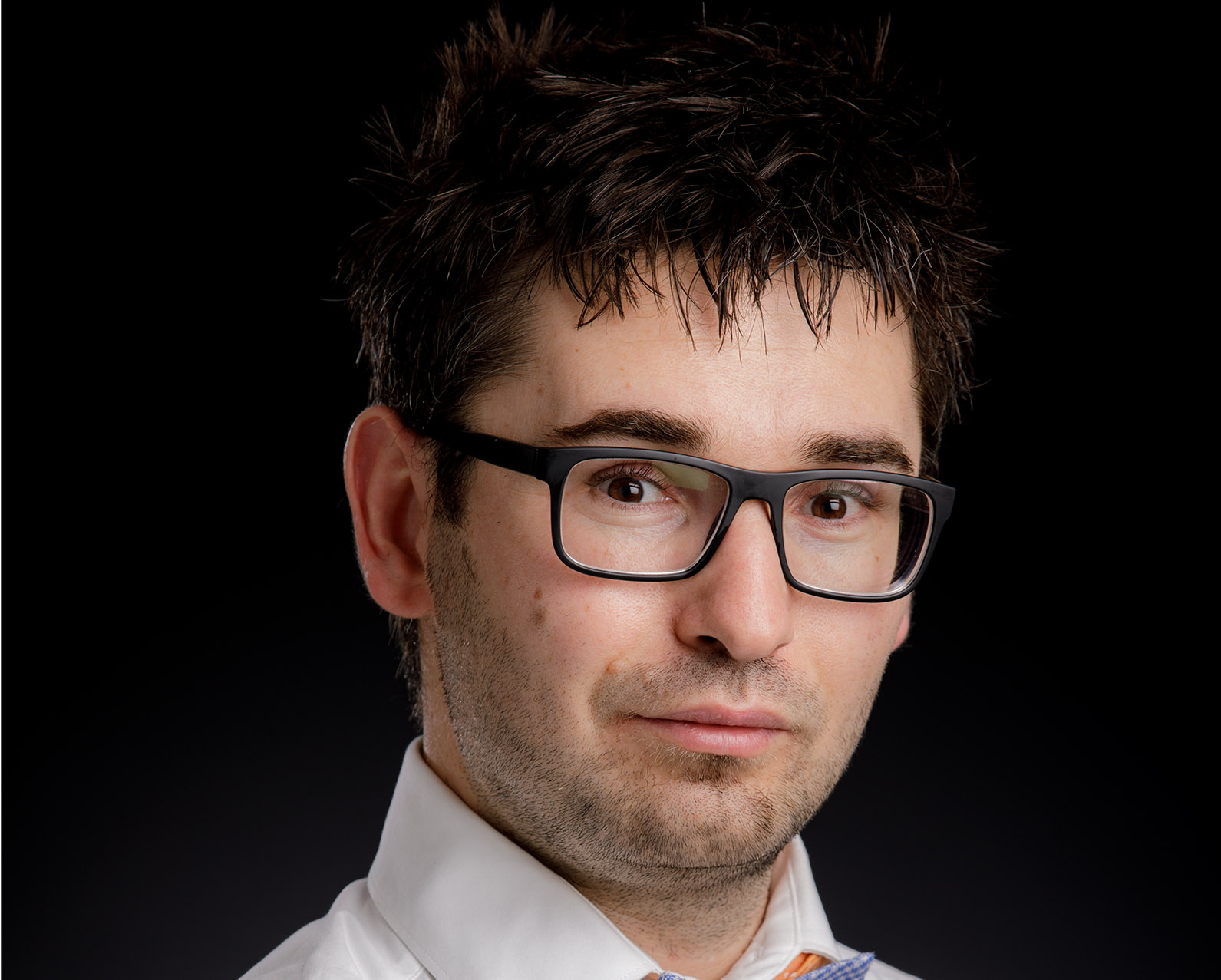Ömer Özgür Çapraz, Ph.D.
Education
Ph.D., Chemical and Biochemical Engineering
Iowa State University, 2014
B.S., Chemical Engineering
Middle East Technical University, 2010
Postdoctoral Appointments
Material Science and Engineering, University of Illinois, 2015-2018
Research Interests
Electrochemical Energy Storage and Conversion Devices
In Situ Characterization Techniques
Advanced Materials
Porous Anodic Oxide Nanofilms
Corrosion
Research Activities
Electrochemical Energy Storage and Conversion Devices
Advanced materials in energy-related application areas, such as batteries, fuel cells, electrolysis, and catalysis, are exposed to high temperatures, and/or harsh chemical and electrochemical environments during routine operation conditions. Performance and lifetime of these materials are directly associated with the interplay between the electrical, chemical and mechanical properties. We focus on investigating the governing mechanism on electro-chemo-mechanical phenomena and its role on the performance and lifetime of electrochemical and electrocatalytic materials. Understanding the complex relationship between material properties and electrochemical / electrocatalytic activates will allow us to design costeffective and energy-saving advanced materials for emerging applications.
In Situ Characterization Techniques
In situ mechanical characterization coupled with the chemical and kinetic analysis of the materials during typical operation conditions, supported by computational studies, is necessary to investigate and control chemo-mechanical and electro-mechanical deformation of materials. However, it is challenging to monitor simultaneous responses of electrochemical and electrocatalytic materials due to their complex operation conditions and lack of available in situ tools. Our group focuses on addressing these experimental difficulties by utilizing novel experimental methods such as in situ curvature measurement and digital image correlation to measure electrochemically-induced stress and strain developments.
Advanced Materials
Development of engineering materials with optimized properties is a non-trivial task. Traditional routes to design novel materials are often driven by discovery-based material synthesis and requires high operation cost for fabrication. Our interest is to optimize electro-chemo-mechanical responses of the materials by utilizing material-based strategies such as surface modifications, defect chemistry and strain engineering. However, the lack of understanding of the underlying mechanism for improved material property by material-based strategies slows down progress to design novel materials. We focus on understanding the complicated relationship between the perturbation in the material structure and enhanced material properties. Our ultimate goal is to develop new materials with previously unseen and desirable properties for demanding energy storage and conversion applications.
Porous Anodic Oxide Nanofilms
Porous anodic oxide nano films are formed by the electrochemical oxidation of metals such as aluminum and titanium in a solution where oxide is moderately soluble. They have been used extensively to design numerous devices for optical, catalytic, and biological and energy-related applications, due to their vertically aligned-geometry, high-specific surface area and tunable geometry by adjusting process variables. However, these structures have developed empirically, in the absence of understanding the process mechanism. Our group focus on developing a rational basis for porous anodic oxide formation, which will help overcome barriers to commercialization of devices made from these materials.
Corrosion
Oil and natural gas resources still play an important role in fulfilling today’s energy consumption needs. Pipelines are the most efficient and economical ways to transport these products to marketplaces. However, gas pipeline failures pose significant safety threats and will be of increasing concern due to aging infrastructure and expense of new construction. Stress Corrosion Cracking (SCC) from the external surface of a pipeline is one of the primary degradation modes in oil and gas pipelines. Our main purpose is to investigate the electrochemical driving force for stress generation and plasticity during SCC and develop valuable early indication of SCC susceptibility prior to the catastrophic failure of the material.
Recent Publications
For publications click Google Citations, Scopus, ORCID, or ResearcherID.
Openings
Graduate Students
News and Announcements
Follow us on twitter or visit our group website.


